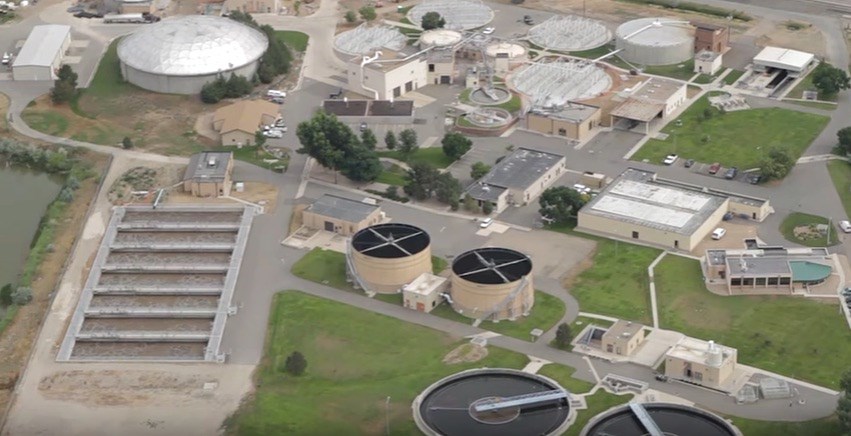A 58% increase in material costs is forcing Longmont to delay expansion of the Nelson-Flanders Water Treatment Plant, slated to be the main source of treated drinking water for the city’s residents.
The city had budgeted over $46 million for the Nelson-Flanders expansion, based on a planning report completed in 2019 by an engineering consultant, Longmont’s Senior Civil Engineer Joe Michalski said via email.
But the design is currently at 60% with an estimated construction cost of $73.8 million, even with some scope reduction from the original project, Michalksi said. The price hike prompted the city to shelve the expansion for now, Mayor Joan Peck said.
“The cost of doing this now is killing us,” Peck said. “Currently, it costs us twice plus one to pay for one project. We just can’t budget for that kind of inflation.”
Peck said she did not know when the expansion would eventually commence. “It won’t be this year, it won’t be in this year’s budget,” she said. “But we’ll see when the staff brings something to the council.”
The market for materials for wood, steel, pipe, and fuel is very volatile with few vendors willing to hold prices for the duration needed for the Nelson-Flanders project, Michalski said. “This is the cause of the project being over budget,” he said.
The city hoped to expand Nelson-Flanders, built in 2005, to replace the aging Wade Gaddis treatment plant to fulfill Longmont’s water needs, city officials have said.
Longmont voters voted in November 2020 to borrow up to $80 million for water system improvements including for Nelson-Flanders.
The Wade Gaddis plant was placed in service in 1983 but has now reached the end of its life cycle and plans to be decommissioned, according to the city’s website. The plant’s peaking and backup features must be replaced to maintain system reliability.
The city conducted engineering studies to determine the best way to replace that capacity and decided that the “most reliable and cost-effective option” is to expand capacity at the Nelson-Flanders plant, the website states.
The city will continue with improvements at Wade-Gaddis to ensure water quality for residents, city officials said.
At a study session this month, City Manager Harold Dominguez told the city council that the city was dealing with across-the-board rising material costs in every area.
Construction for the expansion was supposed to be finished by the end of 2024, Michalski said. The city will reevaluate market conditions at the end of the first quarter in 2023 to determine a startup date, he said.
Delaying the Nelson-Flanders expansion is “frustrating,” Peck said. “”It’s frustrating for us on the city council and I know it’s frustrating to residents.”



